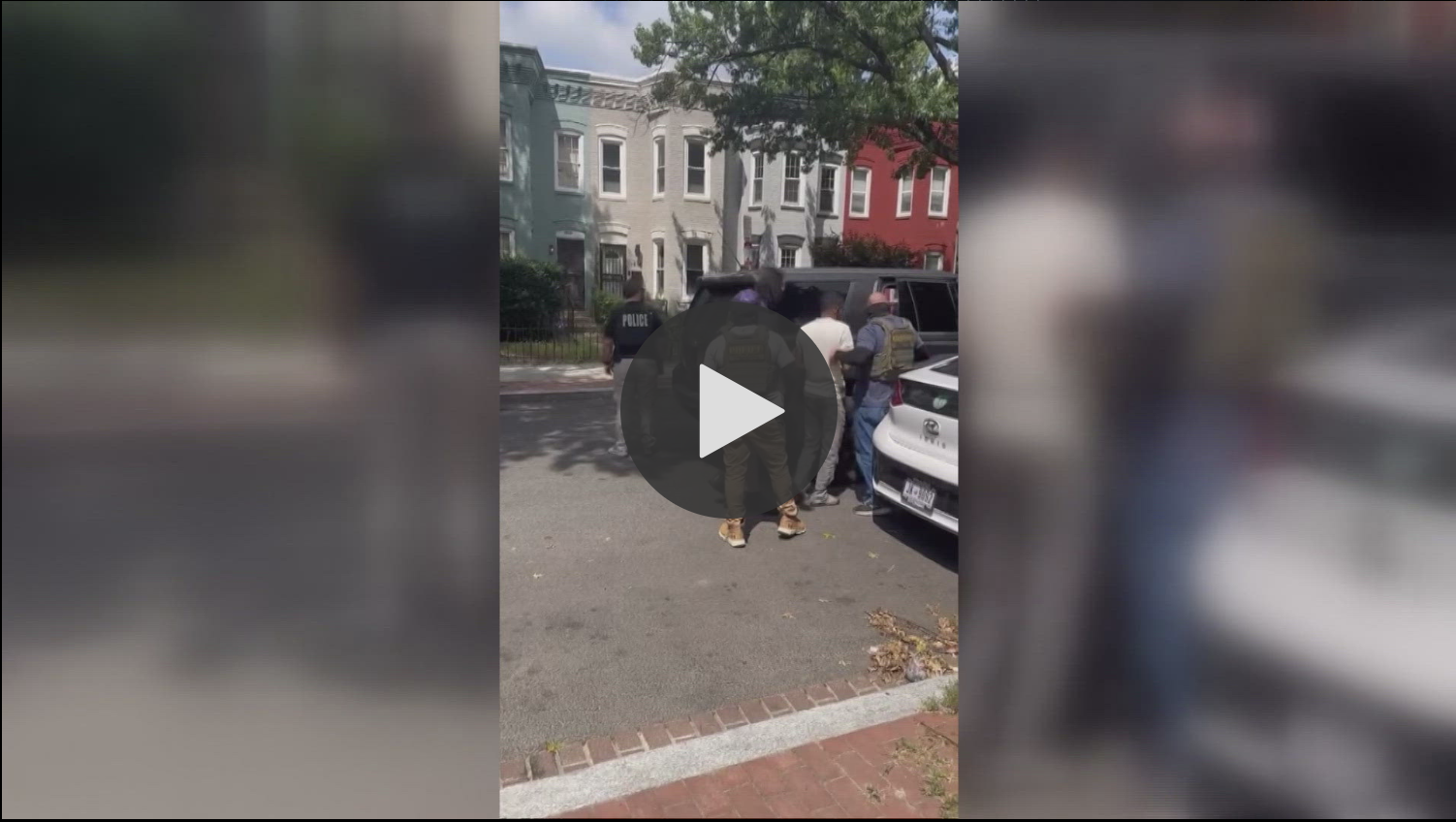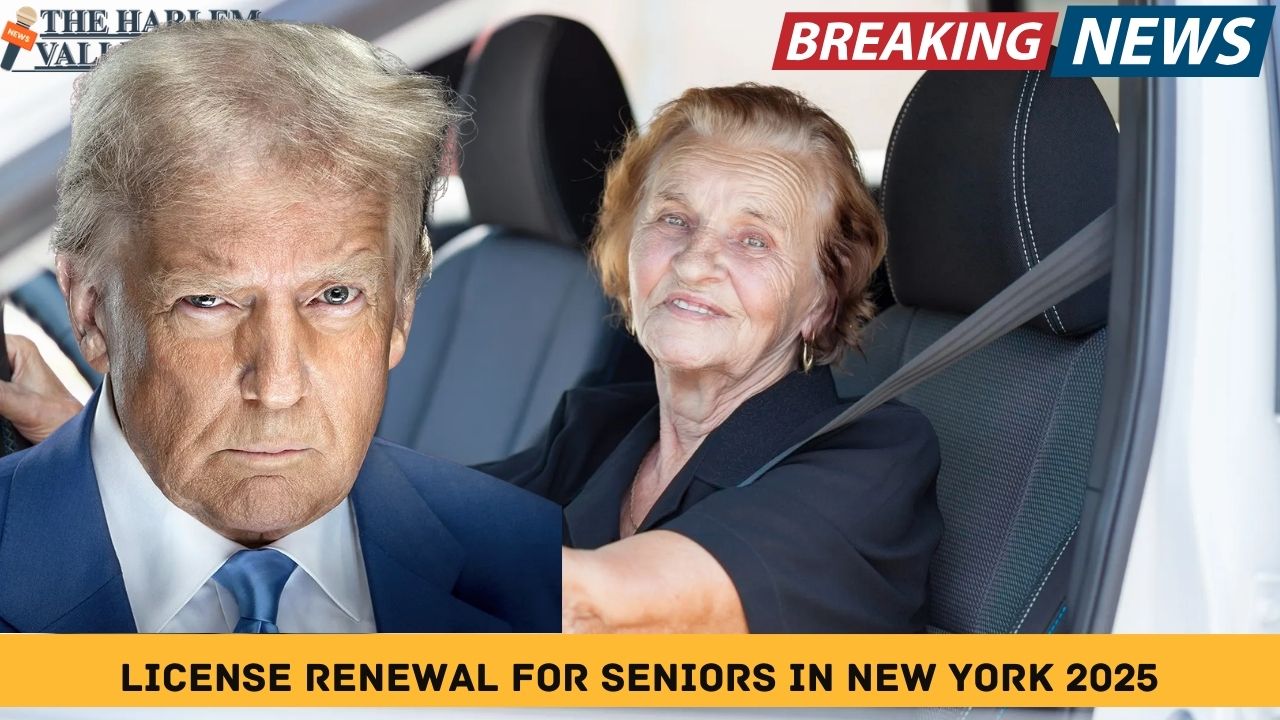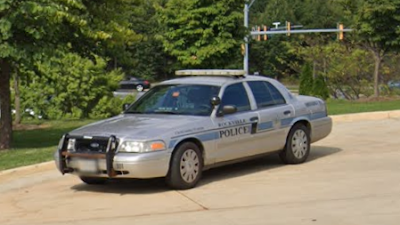Sleeping in your car—whether it’s parked in a rest area, a Walmart lot, or a city street—can be a practical, budget-friendly option for travelers, road-trippers, and even locals in need of a safe place for a nap or overnight rest. For residents and visitors to Ohio, however, questions often arise: Is it legal to sleep in your vehicle? What laws apply? Are there restrictions in different cities like Columbus, Cleveland, Cincinnati, or Toledo? This comprehensive guide unpacks everything you need to know.
Understanding Statewide Laws
Ohio does not have a specific law that outright bans sleeping in your car. However, statewide statutes do impose limitations related to:
-
Parking restrictions – including time limits and designated zones.
-
Vehicle code regulations – such as rules against “unoccupied” vehicles on highways.
-
Loitering ordinances – which can overlap with sleeping in your vehicle.
Let’s break these down.
Parking Regulations
In Ohio, parking is generally regulated at the municipal level, meaning each city and town sets its own parking rules. Still, some statewide provisions are relevant:
-
No-stopping zones: under Ohio Revised Code (ORC), vehicles cannot be parked in certain areas, including disabled parking spaces, fire lanes, and on highways unless disabled or in an emergency situation.
-
Unattended vehicles on state routes: the state highway patrol can remove “unattended” vehicles parked in dangerous or restricted locations.
While the law doesn’t criminalize car sleeping outright, these instructions mean you must choose your parking location carefully. Violating parking restrictions could result in tickets, towing, or both.
Loitering and Criminal Trespass Laws
Many cities in Ohio maintain anti-loitering or trespass laws that can affect the legality of sleeping in vehicles.
-
Loitering generally involves lingering in public areas without a justifiable reason, and some jurisdictions interpret sleeping in a car as loitering.
-
Criminal trespass can be invoked if you’re on private property without permission—such as someone’s driveway, a shopping center lot with barring signage, or restricted areas of city parking zones.
Although city councils rarely pass ordinances specifically against sleeping in vehicles, existing loitering and trespass laws can be utilized by law enforcement. For example, Cleveland public parking spaces near downtown may be patrolled more strictly for loitering.
City-Specific Rules and Policies
Let’s examine how various Ohio cities approach car sleeping and overnight parking.
Columbus
Columbus,Ohio’s capital and largest city, does not have an explicit “no sleeping in vehicle” rule, but vehicles must comply with:
-
Metered parking and time limits in downtown areas.
-
No-parking zones around public buildings, schools, and designated areas.
Additionally, the Columbus Division of Police has the authority to remove cars suspected of being used for drug or other illegal activities. While sleeping per se may not trigger police action, suspicious circumstances might.
Connect with Columbus’ Department of Neighborhoods or Division of Parking Services for temporary permits and any regulations specifically targeting vehicle habitation.
Cleveland
Cleveland enforces time-limited parking in many central areas. It also:
-
Uses anti-loitering rules in public spaces, decreeing that making oneself at home in a vehicle may constitute loitering.
-
Permits the police to ask vehicle occupants to move along if they suspect unlawful activity.
However, residential neighborhoods outside downtown are generally less regulated, though local homeowner associations or special district covenants may prohibit overnight parking.
Cincinnati
In Cincinnati:
-
Downtown parking rules are strictly enforced, including tow-away zones and permit-only parking.
-
While there is no direct ban on sleeping in a vehicle, Cincinnati Police Department may use public safety rules to interrupt long-term vehicle stays.
Be sure to check with local building or zoning departments to see whether special permits are needed. Some residential neighborhoods restrict overnight and street parking.
Toledo and Other Mid-Sized Cities
Cities like Toledo, Akron, Dayton, and Youngstown tend to rely on a combination of existing parking codes and local trespass or loitering laws. While policies vary, city police typically act when vehicles remain parked overnight or appear suspicious.
Rest Areas and Interstate Regulations
Ohio’s Interstate rest areas (e.g., I-71, I-75, I-90) are legally designated for short rest and sleep breaks.
-
Ohio Department of Transportation (ODOT) endorses breaks of up to 2 hours to combat driver fatigue. Extended stays, or leaving vehicle parked overnight repeatedly at the same rest area, may trigger removal.
-
Interstate rest areas serve as the most reliable spots for car sleeping, provided you stay only a few hours and leave during daylight.
Private Property and Business Parking Lots
Sleeping in a business parking lot—such as Walmart, truck stops, or gas stations—is a nuanced situation:
-
Some businesses implicitly allow overnight parking (e.g., many Walmarts and pilots), but policies differ by location.
-
Security staff or local police may ask you to move if they receive complaints or suspect illegal activity.
Always check posted signage or ask for permission from management, particularly in smaller towns or cities with known crackdowns on sleeping in vehicles.
Enforcement and Consequences
-
Parking citations – ranging from $20 to $50 or more, depending on city and violation.
-
Towing and impound – particularly in metered zones, fire lanes, or private property. Fees can reach $200–400.
-
Trespass warnings – can be issued on private property, with risk of misdemeanor charges for refusal to relocate.
-
Loitering charges – less common but possible, under local ordinances.
-
Public safety/health concerns – in rare cases, if officers deem the person unsafe (e.g., intoxicated), welfare checks or minor citations may follow.
Safety Considerations and Practical Advice
Even where legal to sleep in your car, your personal safety and comfort should be top concerns:
-
Choose well-lit, busy areas (rest stops, hospital parking lots, 24-hour businesses).
-
Always lock doors and roll up windows.
-
Stay discreet—avoid drawing attention with pop-up curtains or loud generator noise.
-
Plan bathroom and hygiene needs in advance.
-
Monitor weather—Ohio winters can dip below 0°F, risking carbon monoxide buildup from heaters.
Alternatives to Car Sleeping
If the laws or local authorities make car sleeping a hassle in your area, consider these alternatives:
-
Campgrounds and RV parks: Ohio has hundreds of campgrounds with amenities for overnighters.
-
Hostels or inexpensive motels: Local options are available in nearly every city.
-
Peer-to-peer platforms: Services like OvernightRests or specially zoned “overnight parking” apps—though availability in Ohio may be limited.
Final Thoughts
Sleeping in your car in Ohio is not universally illegal, but legality hinges on location, duration, and local ordinances governing parking, loitering, and trespass. Small towns may have informal no-sleep policies enforced by business owners, while large cities like Columbus or Cleveland may structure enforcement around public safety rather than prohibition.
By following these general rules, you can minimize your risk:
-
Use rest areas or permitted spaces (Walmart, truck stops, hospital lots) for short stays.
-
Avoid private property without explicit permission.
-
Test municipal parking rules, especially downtown.
-
Respond professionally if approached by law enforcement or property managers.
When in doubt, do a quick check: city websites, local police department FAQs, and signage are all free tools that can help you determine where it’s okay to rest. With awareness and preparation, sleeping in your car can be a healthy, smart solution to a long day or an unexpected layover.
















Leave a Reply